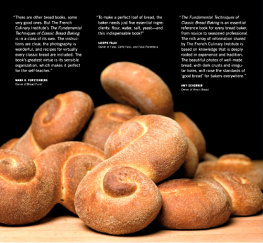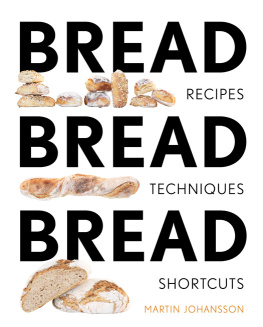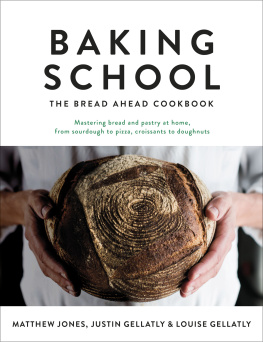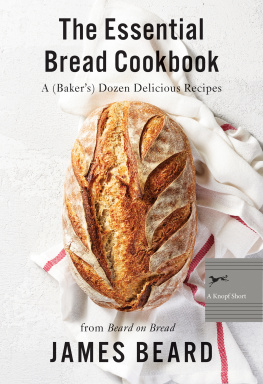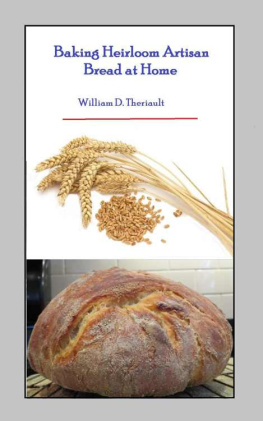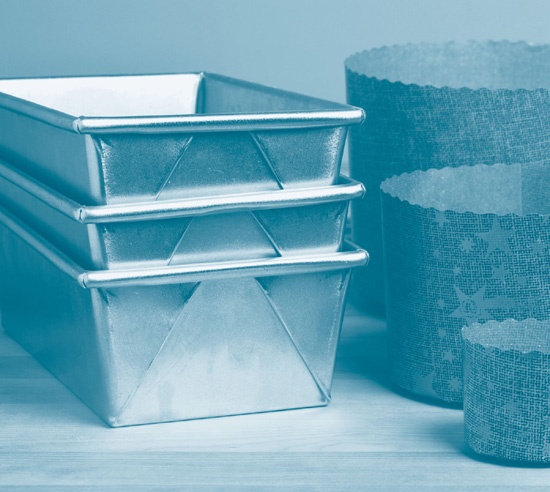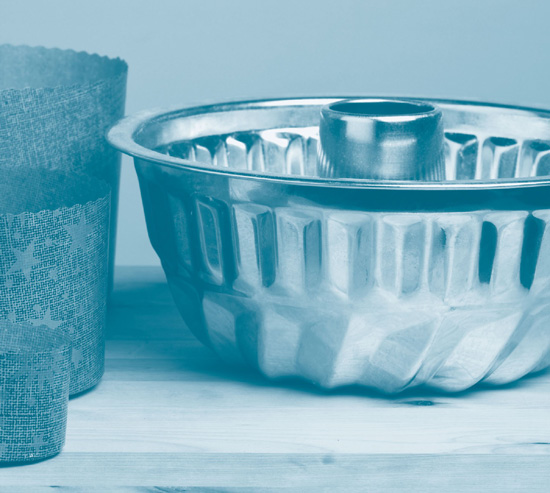French Culinary Institute - The Fundamental Techniques of Classic Bread Baking
Here you can read online French Culinary Institute - The Fundamental Techniques of Classic Bread Baking full text of the book (entire story) in english for free. Download pdf and epub, get meaning, cover and reviews about this ebook. year: 2021, publisher: ABRAMS, genre: Home and family. Description of the work, (preface) as well as reviews are available. Best literature library LitArk.com created for fans of good reading and offers a wide selection of genres:
Romance novel
Science fiction
Adventure
Detective
Science
History
Home and family
Prose
Art
Politics
Computer
Non-fiction
Religion
Business
Children
Humor
Choose a favorite category and find really read worthwhile books. Enjoy immersion in the world of imagination, feel the emotions of the characters or learn something new for yourself, make an fascinating discovery.
- Book:The Fundamental Techniques of Classic Bread Baking
- Author:
- Publisher:ABRAMS
- Genre:
- Year:2021
- Rating:4 / 5
- Favourites:Add to favourites
- Your mark:
The Fundamental Techniques of Classic Bread Baking: summary, description and annotation
We offer to read an annotation, description, summary or preface (depends on what the author of the book "The Fundamental Techniques of Classic Bread Baking" wrote himself). If you haven't found the necessary information about the book — write in the comments, we will try to find it.
The French Culinary Institutes international bread-baking course, created in 1997, is taught by some of todays greatest artisanal bread bakers and regarded as one of the top programs in the world. The Fundamental Techniques of Classic Bread Baking follows the outline of the FCIs complete 12-week bread-making course. Serving not only as a reference in the classroom, but also as a guide for professionals, amateur chefs, and home cooks who desire total immersion in the art of bread baking, this book instructs readers on French, Italian, German, Middle European, and gluten-free breads. Encyclopedic in scope and format, it is sure to become an essential item in every home cooks library.
Praise for Fundamental Techniques of Classic Bread Baking:
The only bread-baking book youll ever knead.Justin Chapple, Food & Wine
The supremely technical bread book of the year is The Fundamental Techniques of Classic Bread Baking by Judith Choate and the breadologists at the French Culinary Institute. . . . No doubt one could learn much about the art of dough from cooking their way through it. But also, holy bread porn! Eater.com
There are other bread books, some very good ones. But The French Culinary Institutes The Fundamental Techniques of Classic Bread Baking is in a class of its own. The instructions are clear, the photography is wonderful, and recipes for virtually every classic bread are included. The books greatest virtue is its sensible organization, which makes it perfect for the self-teacher.
Mark H. Furstenberg, Owner of Bread Furst
To make a perfect loaf of bread, the baker needs just five essential ingredients: flour, water, salt, yeastand this indispensable book!
Iacopo Falai, Owner of Falai, Caffe Falai, and Falai Panetteria
The Fundamental Techniques of Classic Bread Baking is an essential reference book for every bread baker, from novice to seasoned professional. The rich array of information shared by the French Culinary Institute is based on knowledge that is deeply rooted in experience and tradition. The beautiful photos of well-made bread, with dark crusts and irregular holes, will raise the standards of good bread for bakers everywhere.
Amy Scherber, Owner of Amys Bread
French Culinary Institute: author's other books
Who wrote The Fundamental Techniques of Classic Bread Baking? Find out the surname, the name of the author of the book and a list of all author's works by series.

